Bugs. When I think of Zambia, I think of bugs.
It started when a mysterious little creature bit Dani on the side of the head. We spent hours monitoring the swelling as it inched closer and closer to her eye, applying cortisone, and praying that we wouldn’t have to go to the clinic. Thankfully, Dani’s head didn’t explode and the bite went way.
Despite a mosquito net, our favorite bug repellent (Dani has a newfound love for chemicals), and donning clothes head to toe while we slept-the bugs were everywhere.
Bugs aside, Zambia was one of my favorite countries. There is not a lot of infrastructure, or DSL, or many tourist destinations to visit in Lusaka. And definitely not a lot of food options for the vegan/vegetarians (thank Vishna and Shakti that there was one Indian restaurant within walking distance). Yet, in this medium sized city were some of the nicest people we’ve met yet on our journey and where we had some of the most frank conversations with agricultural aid workers.
Jan Nijhoff, who sits on the advisory group of Nourishing the Planet, served as a terrific host. In only three short days we had an incredible set of meetings with CARE , Common Market for Eastern and Southern Africa (COMESA), Community Markets for Conservation (COMACO), the World Food Program, USAID , and others. As part of our visit, Jan took some of the most experienced staff from various organizations to engage in a frank and open discussion on a wide range of topics that included: misuse of donor money, the role of the market and private sector in sustainable agriculture, developments in cell phone technologies to aid farmers, carbon trading systems, and so much more.
We also met with an environmental reporter named Benedict Tambo with the Zambian Daily Mail. Benedict lamented the fact that businesses were ordering fewer and fewer papers and a rising number of people impacted by the economic downturn were choosing food over their daily news. The troubles seemed all-too-familiar with the struggles facing the newspaper industry in the United States.
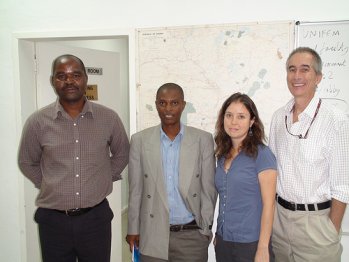 We also visited an organization created by a North Carolinian named Dale Lewis, whose life’s work has been in testing methods to have the most impact possible on conservation and in reducing the pouching of wildlife. After years of trial and error, his data showed that lifting farmers from poverty through providing access to a market, offering training, and fair wages, was the single biggest factoring in protecting wildlife. The growth, size, and scope of his operation are mind-blowing; he employs hundreds of staff that worked with thousands of farmers.
We also visited an organization created by a North Carolinian named Dale Lewis, whose life’s work has been in testing methods to have the most impact possible on conservation and in reducing the pouching of wildlife. After years of trial and error, his data showed that lifting farmers from poverty through providing access to a market, offering training, and fair wages, was the single biggest factoring in protecting wildlife. The growth, size, and scope of his operation are mind-blowing; he employs hundreds of staff that worked with thousands of farmers.
Who we are: BorderJumpers began in October 2009 in Addis Ababa, Ethiopia — when Bernard Pollack and Danielle Nierenberg began a journey to travel in Africa. At every stop they are meeting with farmers, community organizers, labor activists/leaders, non-governmental organization (NGOs), the funding and donor communities, and local, regional, and international press.
With a Sony handycam, a 8-year old laptop, and sporadic internet connections – their goal is to bring stories of hope from across the region to as large an audience as possible. They will tell the stories that aren’t being told-from oil workers fighting to have a union in Nigeria to innovative ways farmers and pastoralists are coping with climate change.

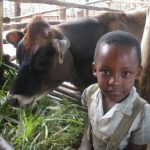
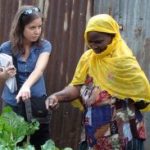
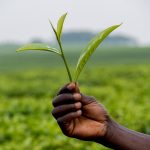
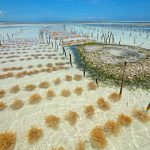

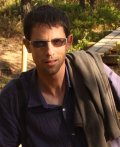
Leave a Reply